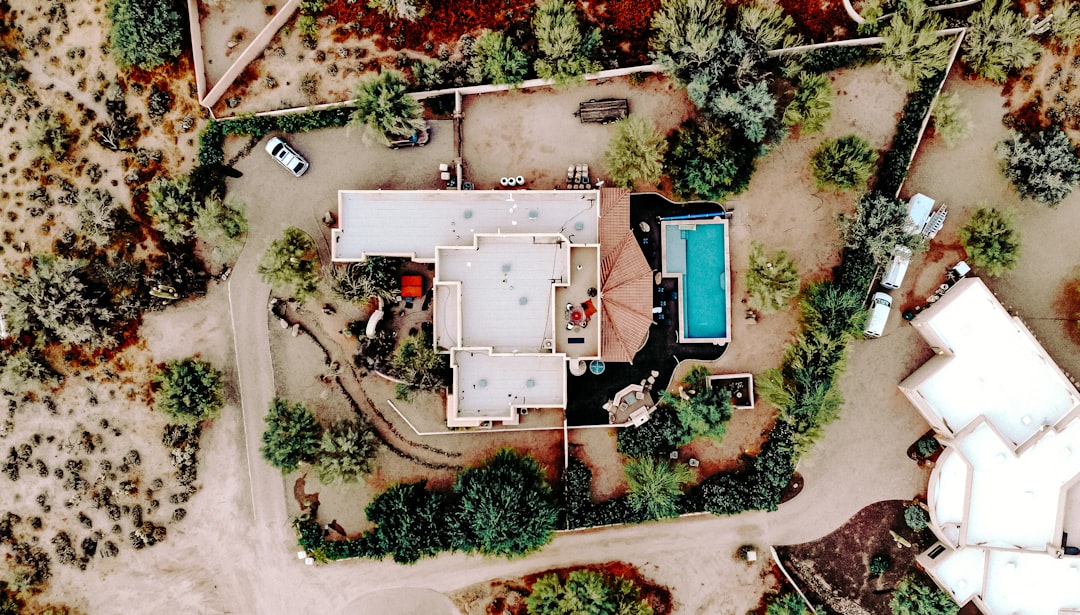Homeowners associations (HOAs) play a crucial role in property management by ensuring that communities are well-maintained and property values are preserved. These associations are typically formed in planned communities or condominiums and are responsible for maintaining common areas, enforcing rules and regulations, and managing finances.
One of the primary responsibilities of HOAs is to maintain and improve the common areas within a community. This can include landscaping, maintaining amenities such as swimming pools and parks, and ensuring that buildings are in good repair. By taking care of these common areas, HOAs help to create a sense of community pride and improve the overall appearance of the neighborhood. This, in turn, can help to attract new residents and increase property values.
HOAs also play a crucial role in enforcing rules and regulations within a community. These rules, often outlined in a set of covenants, conditions, and restrictions (CC&Rs), are designed to ensure that residents maintain their properties in a manner that is consistent with the overall aesthetics of the community. HOAs may enforce rules related to landscaping, exterior paint colors, and even parking regulations. By enforcing these rules, HOAs help to maintain a cohesive look and feel within the community and prevent residents from engaging in behavior that could negatively impact property values.
In addition to maintaining common areas and enforcing rules, HOAs are also responsible for managing the finances of the community. This can include collecting monthly or annual dues from residents, creating a budget for expenses, and overseeing any financial reserves that may be set aside for future projects or emergencies. By managing the finances of the community effectively, HOAs ensure that there are sufficient funds available to maintain and improve common areas, as well as to cover unexpected expenses.
While HOAs play a crucial role in property management, it is important for residents to be actively involved in the association to ensure that their voices are heard. This can involve attending meetings, volunteering for committees, and participating in the decision-making process. By working together with the HOA, residents can help to shape the future of their community and ensure that it remains a desirable place to live.
In conclusion, homeowners associations play a vital role in property management by maintaining common areas, enforcing rules and regulations, and managing finances. By working together with residents, HOAs can help to create a sense of community pride, preserve property values, and ensure that neighborhoods remain attractive places to live. Residents who are actively involved in their HOA can help to shape the future of their community and ensure that it continues to thrive for years to come.

